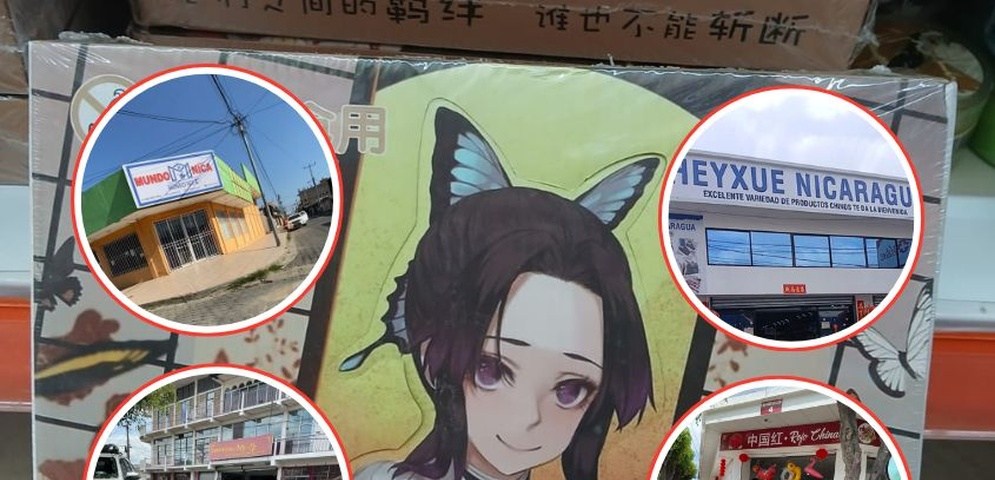strangling small businesses

Huge stores full of Chinese products have been flooding Esteli since December. Employees are not being offered normal benefits or a formal work contract.
HAVANA TIMES – Esteli, in the north of Nicaragua, has become fertile ground for the expansion of Asian-run stores. Both Chinese and Korean stores have opened their doors recently in the city center, offering a wide variety of articles at prices well below those of local businesses.
Cosmetics, clothing, shoes, knick-knacks, food, medications and small appliances or hardware are just some of the products offered in these stores. Thanks to the tax breaks they enjoy, they can offer prices nearly impossible to match.
The success of the Asian Superstores in Esteli rests mostly on their main attraction – low prices for both wholesale and retail. However, this “paradise” of low prices is shadowed by the fact that there are no guarantees on the products.
“They sell everything here,” assures Victoria, who began working two months ago at one of the new Asian stores that have proliferated in this city of 111,000. She’s been a witness to the irresistible magnetism these stores exert over Esteli’s consumers. “Customers come in looking for something specific, but when they see the variety of products at such affordable prices, they end up buying more than they were planning to,” she comments.
Guillermo is another employee of the Asian stores that are flourishing in Esteli. He’s been working there for four months but hasn’t yet signed a formal contract. The Nicaraguan Ministry of Labor turns a blind eye.
During a recent inspection, the administration was forced to make some changes, such as giving employees a lunch hour, establishing stable work schedules, and enrolling personnel in Nicaragua’s social security program.
Guillermo isn’t the only one in this situation. A number of employees of these stores still lack the labor security that comes from a contract and fear they could be fired at any time.

Free Trade Agreement with China
In August 2023, Nicaragua and China signed a Free Trade Agreements and in December the two countries took another step in their bilateral relations by announcing a “strategic partnership.” On January 1st, the Free Trade Agreement entered into effect. Former OAS ambassador Arturo McFields is skeptical that these agreements will prove economically beneficial to Nicaraguans. “China sells a lot, buys little and isn’t going to give Nicaragua anything for free,” he warned.
Unfair competition
Jorge Gonzalez, president of the Managua Business Association, is an omnipresent figure at the inaugurations of the Chinese stores. He’s sounded the alarm to the business sector. In declarations to the official media, Gonzalez predicted an accelerated growth of the Chinese presence in Managua’s sprawling Eastern Market in 2024, where 40 superstores are projected to open.
Gonzalez’ words leave no room for doubt: the “Asian tide” is far from ebbing. The forthcoming panorama is a market dominated by large Chinese commercial zones, with an uncertain impact on local business.
“The Chinese have invaded us,” a shop-owner in the Mercado Oriental [Eastern Market], the commercial heart of Managua, told 100% Noticias, with a note of frustration in his voice. “From Ciudad Jardin right up to our very noses,” he added, pointing with discouragement to the proliferation of Asian stores that have colonized the city’s commercial landscape.
To this businessman, the Chinese stores bring unfair competition. He noted that these stores don’t pay taxes like the others, they sell products under fa


